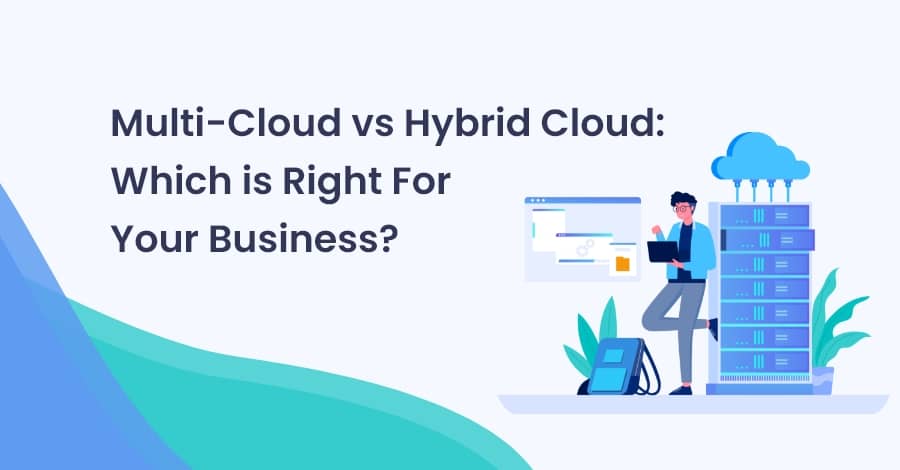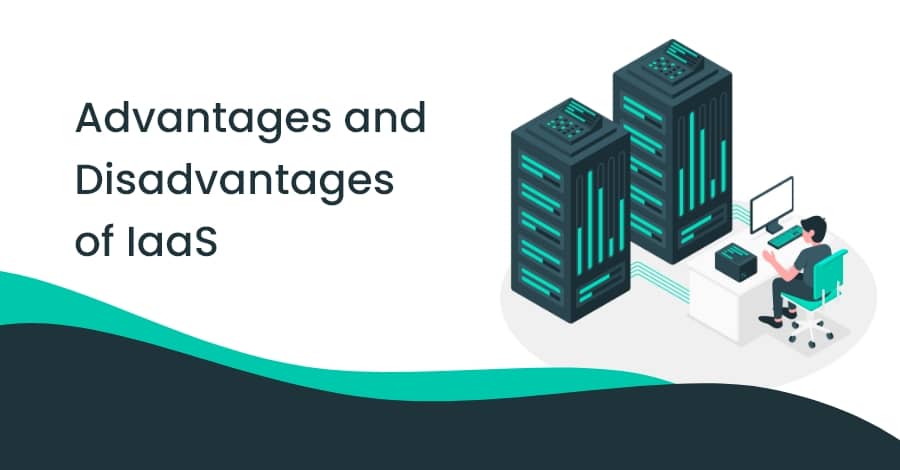
19 Dec Challenges with Azure Cloud Migration and To Overcome Them
19 December 2022

Moving workloads to the cloud is no easy feat, and Microsoft Azure migrations come with their own unique set of challenges. From ensuring data and application compatibility to ensuring the security and reliability of the new environment, the process of migrating to Azure can be a daunting one. But with the right guidance, the migration process can be smooth and successful. This article explores the common challenges of Azure migrations and ways to overcome them.
Challenges and ways to overcome them while planning for an Azure migration
Understanding the Differences
Migrating to the cloud can be challenging, as it involves becoming familiar with a new interface. There is a chance of not fully understanding the differences between applications hosted in the cloud versus local deployments. The Azure Cloud has unique features that are distinct from local hosting infrastructure. For example, capacity planning and resource management are handled differently in Azure. As such, when migrating to Azure, the administrator should be aware of the special features of the platform and be prepared for any potential inconvenience as the differences become clear.
Establishing Disaster Recovery Plan
Having a reliable disaster recovery plan is critical when hosting an application on a cloud platform like Azure. Be sure to consider the types of disasters that are specific to cloud hosting and plan accordingly. Additionally, Azure can be used as a backup solution for local storage to help mitigate any losses.
System Downtime Fear
When migrating, it is important to keep in mind that there is a possibility of downtime. While it may not be possible to eliminate all downtime, proper planning can minimize its impact and minimize frustration.
Security
The potential for malicious attacks is increased, as cloud providers are more susceptible to cyber-attacks than on-premise systems. Ensuring that your systems can withstand these attacks can be challenging. There are several ways to address security concerns during migration. You can also select a provider that can sustain business continuity and protect your data in the event of a disaster. A good cloud provider will offer a comprehensive SLA (service-level agreement).
Cost
Unlike investing in physical hardware, the cost of migrating to the Azure cloud is not fixed. This makes it hard to predict exactly how much the process will cost and how it will affect your budget. There are many ways you can reduce the cost of migrating to Azure. You should select a migration strategy that is best suited to your business needs. You should also consider existing contractual agreements with your current service providers, as those can often reduce migration costs.
Compatibility
Moving to the cloud presents challenges related to compatibility. It is important to select a provider that can host the type of software and systems that your business currently uses. A good cloud provider will be able to host a variety of different software solutions, giving you more flexibility in your migration strategy.
Performance
Moving to the cloud can have a significant impact on the performance of your business systems. In many cases, you will experience an increase in performance. However, certain systems will perform better than when they are hosted on-premises, while others may see a decrease in performance. This is particularly true for systems that are resource-intensive and require access to high quantities of processing power.
There are several ways to address issues related to performance. First, you should understand how Azure works and how to leverage its capabilities. Next, you should consider implementing a hybrid strategy that uses both on-premise systems and Azure services. This can help to reduce the negative impact of migration on performance.
Read More: Best practices for a successful Azure Cloud Migration
Conclusion
Finally creating a successful migration strategy will help to reduce many of the challenges associated with Azure migration. There are a number of key steps to take when creating a strategy for your migration. The first step is to understand your business requirements. You should understand what systems need to be migrated and what you hope to achieve from the process. Next, you should select a provider, It is important to carefully select a provider that meets your business requirements and can help you to achieve your goals. Finally, you should create a timeline for the migration process. This will help to keep you on track and allow you to manage potential issues, such as data volumes and timelines. A well-planned migration strategy will help to reduce many of the challenges of Azure migration.
Migrating to cloud can be a complex process, but with the help of an experienced service provider, you can make it smoother and more successful. At Star Knowledge, our team offers reliable Microsoft Azure consulting services and helps you create a robust strategy that is tailored to your IT environment. We have the expertise to provide you with exclusive cloud-based or hybrid approaches for your migration journey. Contact us to know how we can assist you in seamless migration to Azure Cloud.
Our Related Posts
Multi-Cloud vs Hybrid Cloud: Which is Right For Your Business?
Today’s businesses demand flexibility from their IT infrastructure and access to a wide range of.….
How to Choose the Right Cloud Service Provider?
Cloud computing is the future of IT services. As businesses shift their focus to digital transformation….
Advantages and Disadvantages of IaaS
What is IaaS? IaaS (Infrastructure as a Service) is a model of software delivery in which …





No Comments